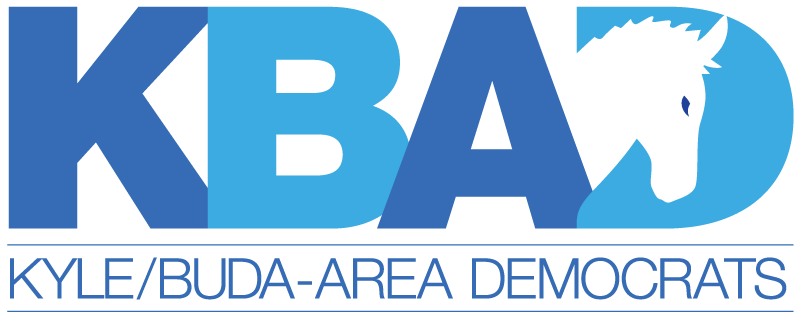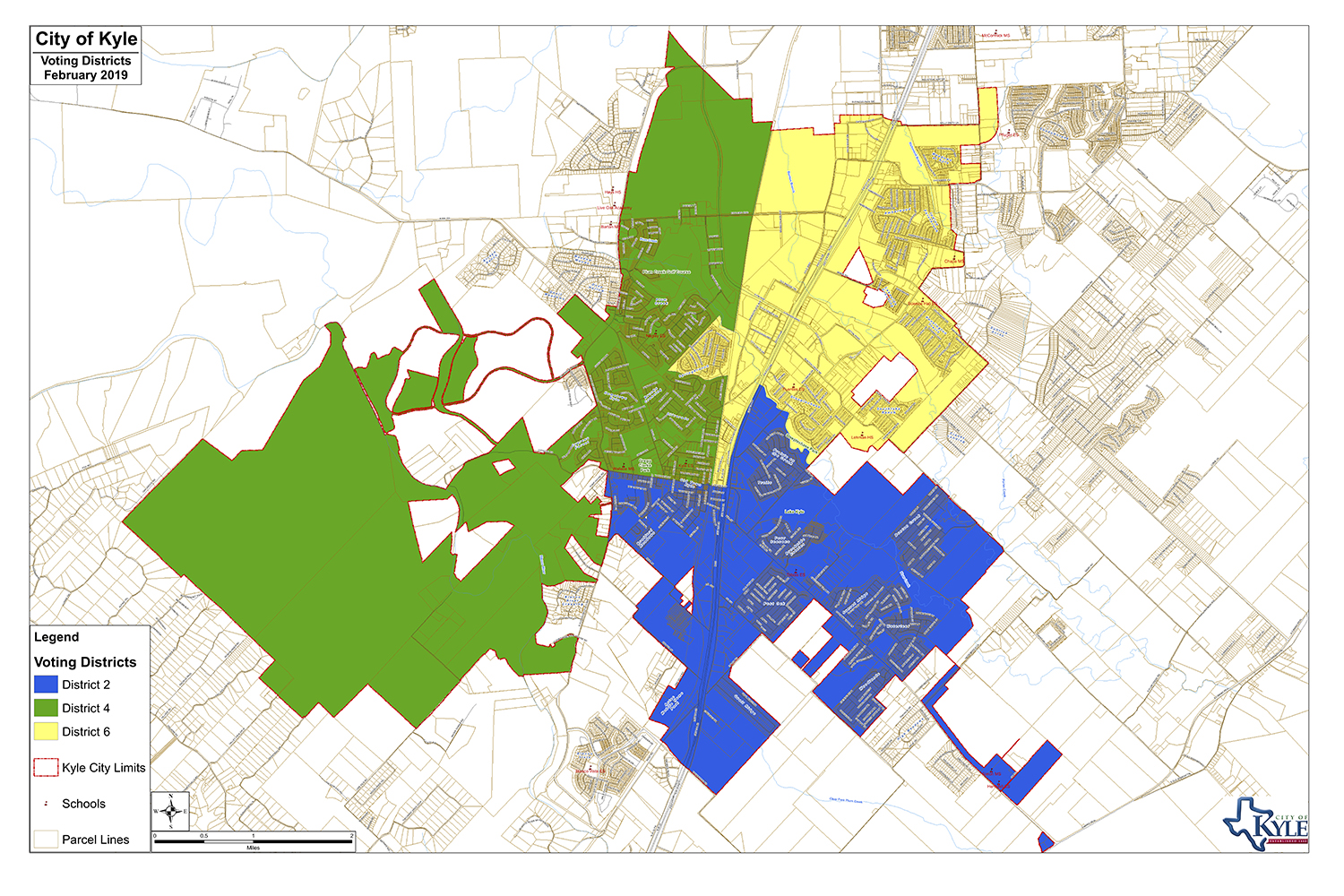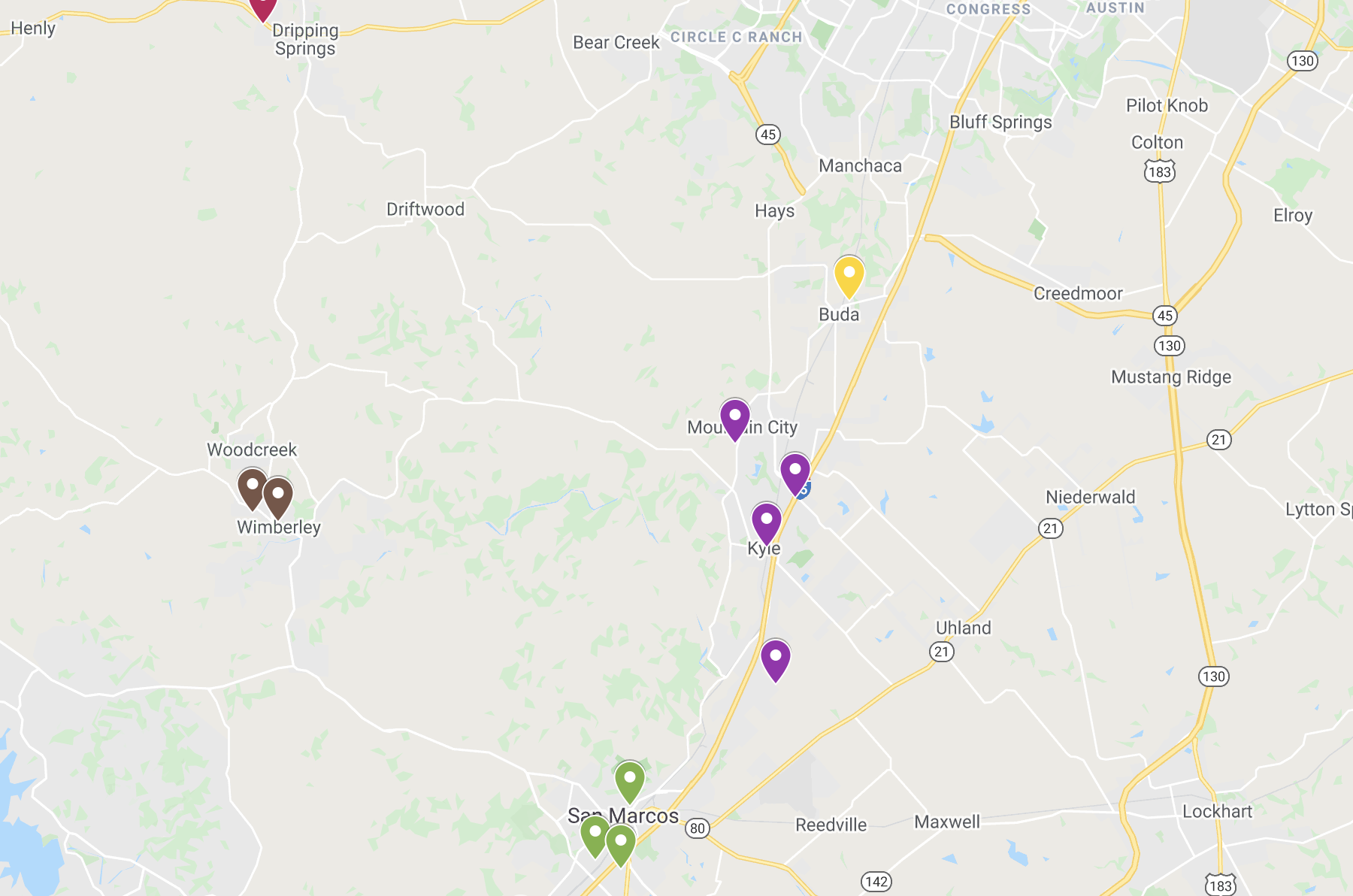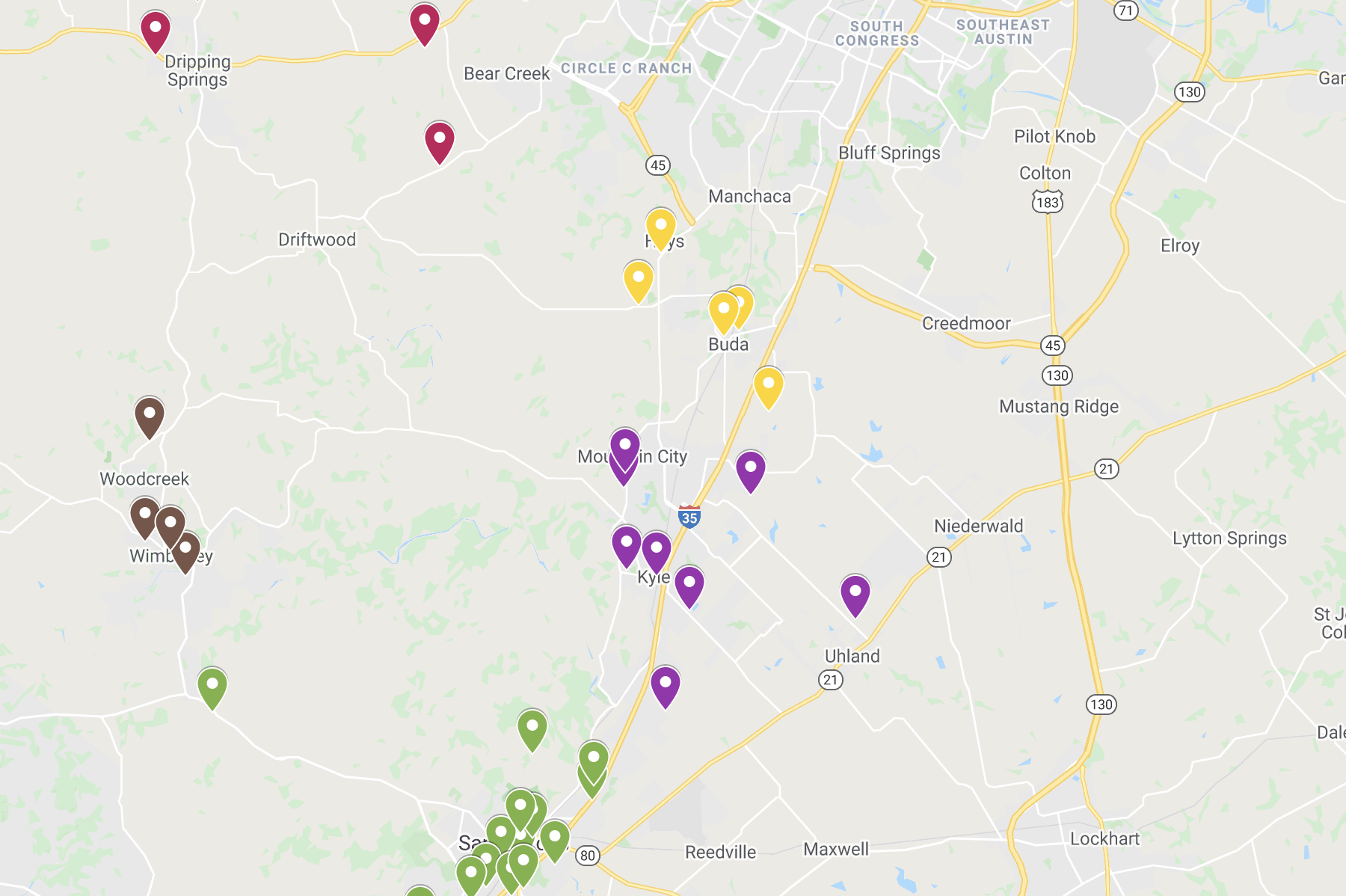Based on the latest developments, is there anything the city can do to protect the safety of its citizens from the proposed Permian Highway Pipeline?
The City of Kyle negotiated multiple concessions in our lawsuit with Kinder Morgan and the PHP. In our settlement, they agreed, among other things, to bury the pipeline deeper and to never retrofit the line to pump crude oil. These were important safety and environmental concessions that a town like Kyle was never supposed to be able to get from a company with the power of the state behind them and more money in the bank than God. My focus right now is to get them through the city as safely and expeditiously as possible.
What can be done to ensure builders are paying their fair share so the infrastructure is done right when they build in Kyle?
In my time on council, we have more than doubled the impact fees charged to developers who build in our community. We also charge adjacent lane mile fees that require builders to pay their pro rata share to upgrade city roads abutting their project. These fees, as well as a rapid increase in commercial development, have led to increased financial means for the city to install the necessary infrastructure at the time that it is first needed. This year we have proposed a $134 million budget, with over $90 million of those dollars going to infrastructure.
I might also add, sometimes development proposals, even with impact fees, aren’t enough. This often happens when a developer wishes to build a dense residential/multifamily product along an inferior road system – often on the outskirts of town. We have consistently voted these projects down because they further crowd roads that require far more dollars than developers can pay to fix. The goal should be to infill along our best roads first, with the highest quality developments possible, which allows more of our residents to cost share and thus lowers the overall taxpayer burden.
What are your thoughts about Kyle's affordable housing situation? If more is needed, how would you provide for it?
Affordable housing is tricky. The biggest lesson I have learned is that not all affordable housing proposals are the same. We have been very selective as a council in who we approve for affordable housing projects. We try to find developers who maintain ownership of the site after construction, who pay property taxes, and who have a track record of building and maintaining nice communities. We have approved a few of these over the years but not as many as have been requested. I think our pacing is sound.
What do you think about the current bond proposition to build a $37 million public safety center for the Kyle Police Department?
As mayor, per state law, I’m not allowed to advocate for or against the bond. That said, I recommend going to cityofkyle.com/bond to learn more – we have published a lot of information about the bond there.
Law enforcement is one of the largest expenses in the city’s budget. What are your thoughts about the size of Kyle's police force and if they are being deployed adequately and appropriately?
We are currently staffed with roughly one sworn officer per one thousand residents. Experts recommend a ratio of 1.5 per 1,000. Because of IH-35, and if taxation was not an issue, I would recommend we either meet or exceed this ratio, meaning we need about another 20 sworn officers plus administrative support. In particular, we should focus on improving emergency response times, expanding victims services, increasing officer training, and expanding mental health services. That said, our town does not yet have the ability to staff at those levels without increasing the tax rate. The good news is, we are not falling further behind and have actually started inching towards those goals with recent new positions funded within the current levels of taxation.
The Kyle police department rarely uses cite and release for non-violent, low-level offenses. Do you support expanding cite and release by broadening the definition of residency to include "working, living or going to school in Hays County"?
Our officers have long had the discretion to cite-and-release, but it has not been a tool used as often as I would prefer. Recently, Hays County has developed a stronger cite-and-release policy and KPD has also made internal changes designed to use this method more often. I agree with most of the principles of cite-and-release. I don’t think low level offenders should be jailed most of the time. That said, our department has given testimony of examples when mandatory cite-and-release would put the community in danger. Their point is to say, officer discretion exists for a reason. In my opinion, we should work with our department to develop policies that increase the use of cite-and-release (which we are doing), but we should not strip officers of their discretion.
Should Kyle give economic incentives to attract businesses, or is the city’s location on the I-35 corridor and its position as one of the fastest-growing cities incentive enough? Explain.
That’s a perfectly worded question because we are growing rapidly and thus why should we ever offer incentives? The answer is, we should RARELY offer incentives, and when we do, we should tailor those incentives in two ways. First, incentives should be performance-based and measurable in terms of the city’s return on investment. If we cannot prove we are making a slam-dunk deal, we probably aren’t. And second, incentives should only be given to those sectors of business we are trying to attract. For example, we have spent the last five years trying to attract light industrial to the city. The market was unproven in Kyle, and thus we worked with a world-class developer to build Majestic Park at Kohlers and Kyle Crossing. The deal we gave them was a five-year diminishing tax break on the speculative portion of their property. In year one after construction, they would not pay city taxes. In year two, they would pay 20%, then 40%, then 60, 80, and in year five if the space was still not leased, they would pay 100% of taxes anyway. The good news is, Majestic has leased the majority of the space to Amazon and Lowes Distribution before the start of year one. That means the incentive goes away and all parties will pay 100% of their taxes with no breaks from the very beginning. To me, that’s how you make a smart deal with business you are trying to attract to the community.
What should the city council do to support local businesses that have experienced losses related to the COVID-19 pandemic?
The city has done quite a bit. We established a grocery voucher program, a utility bill relief program, a business grant program, we have coordinated monthly mass food distribution events in town, we passed an anti-eviction emergency order, and we recently helped the school district purchase 3,000 iPads and Chromebooks to go towards Kyle students. We are also ensuring all COVID-related materials are published in English and Spanish. And finally, we are conducting trainings and informationals with residents and businesses all over to make sure they have access to everything they need. All of that said, the council is open to suggestions and welcomes any feedback for ways we can do more.
How well is Kyle planning for the future? What improvements would you suggest?
In 2016, when I was first elected to office in Kyle, there were many factors that I felt kept the city from realizing its potential. These problems represented systemic, perennial threats to affordability and our overall quality of life. Looking back, I would summarize the challenges we faced in 2016 as follows:
1. Reliance on entry-level single-family residential development to fund city operations
2. Inadequate sales tax generation per capita. For example, last year Kyle collected $202 per resident in sales tax. Buda collected $318 and San Marcos collected $600.
3. Disjointed and spread out developments which requires even more investment of city resources to upgrade roads and wet utilities rather than infilling our already constructed infrastructure.
4. Overreliance on IH-35 and Austin. 80% of our population commutes out of town for work. This is not ideal because local quality jobs give residents more time with family, more time to volunteer, more discretionary income spent locally, and less expenses related to travel.
5. Lack of public amenities such as parks, trails, and activity centers.
6. Lack of private amenities such as restaurants, hotels, and areas to shop.
7. No significant industrial/office projects
8. Downtown district underperforms compared to the region
9. Languishing road reconstruction projects
10. High city debt relative to taxable value of the city
11. Highest tax rate in Hays County
In my time on council, we have addressed these eleven issues, and more, as follows:
• Reduced city tax rate by more than 11% which leads all municipalities in Hays County over that time period. We no longer have the highest tax rate in Hays County.
• Cut our debt relative to city size in half (2016-2019).
• Added more than 1 million square feet of private industrial space, totaling more than $55 million of taxable investments, with more private investment on the immediate horizon.
• Voted against and resisted most residential development proposals outside city limits.
• Increased design standards inside the city to require sidewalks, better street widths, more pocket parks, better fencing, better architecture Issand neighborhood design, all for new single-family residential developments.
• Opened the first section of our Plum Creek Trail from Lake Kyle to the Waterleaf Subdivision in east Kyle.
• Opened Ash Pavilion, a new roller-hockey court at Gregg-Clarke Park. The project cost around $700,000 with $300,000 coming from private philanthropic contributions.
• Completed eight city road construction projects totaling $39,400,000. These dollars represent the largest investment in road upgrades in our city’s history.
• For the first time in our history, we have established a dedicated, replenishing fund to perform sidewalk repairs throughout the city.
• Established TIRZ#2, a funding mechanism that will allow for our new mixed-use district, Uptown, to finally develop. The TIRZ collects 50% of city and county taxes produced by new development in Uptown to pay for 100% of the maintenance of public amenities proposed for that area. The remaining revenue generated by private taxable investments --estimated to be over $1 billion of new construction in the next 10 years -- will serve as surplus to fund city operations, new public capital improvement projects, and will help facilitate tax relief for the residents of our community.
• Allocated $2.5 million in funding towards renovations of the landscaping at our historic square plus a modest 3-story building across from the Krug Activity Center. The new building will be home to a restaurant on the first floor, private office space on the second floor, and a quaint small event space on the third floor.
• Opened two new hotels, multiple new sit-down restaurants, and dozens of new small businesses.
• Closed multi-million-dollar deals for Alsco Linens, ENF Technology, Amazon, Lowes Distribution, and more, to establish logistics/manufacturing/office hubs in Kyle. Of these companies, only ENF Technology received a small performance-based financial incentive, primarily because the average wage at ENF is considerably above the median wage of other businesses locating in Kyle. ENF Technology’s investment is expected to bring the city of Kyle $598,506 in net tax revenue over five years while also bringing Hays County $401,602. Additionally, Hays CISD is expected to receive $747,602 as a result of the project by the end of the five-year agreement.
• Lobbied for and received CAMPO/County funding to eliminate the at-grade rail crossing on Kohlers as well as prevent the train from ever blocking a downtown Kyle intersection again.
• Installation of the first of four (all cash funded) quiet crossing zones to eliminate the need for the train to blow its horn coming through Kyle.
• Established the city’s first parking ordinance which, among other things, reduces fines for things like wrong-way parking from $150+ to $30.
• Established the First Year on Us small business grant program designed to offer modest financial assistance in the form of a one-time tax credit to small and medium sized businesses who locate or expand in the city.
These actions and more represent what I believe has been one of the most proactive and productive seasons in Kyle history. For myself, I have been laser-focused on bringing about long-term benefits to the city. I believe, with all of my heart, that it’s unwise to allow for growth without bringing forward the necessary investments to control and manage that growth. I think of Kyle 20 years from now, when my children are grown, and I ask myself, “What kind of town do we want Kyle to be in 20 years? A bedroom community? A city completely reliant on Austin jobs, IH 35, and single-family housing for us to survive? Some may say these things are inevitable. But I believe we can be more than that. We can be the kind of city that diversifies its tax base, targets spending to receive maximum long-term returns, and systematically and comprehensively improves our overall quality of life in the community. It’s not an easy task, and nothing good happens overnight, but we are moving in the right direction. The next five years will be critical to establishing ourselves as a stronger city in the region.
What are you willing to do to maintain an open dialog with your constituents?
I have been a very proactive mayor/councilmember in terms of communicating with the community. I respond to most every email, phone call, text, Facebook message, and smoke signal. I also have hosted many town halls both in person and virtually. I meet regularly with HOA reps, business leaders, faith leaders, nonprofit organizers, and other community leaders and residents. I post regularly on social media and often respond when folks tag me with a question somewhere on Facebook. I’m not perfect, and sometimes I misjudge how I think the community will react to a particular decision, but I have always tried as hard as possible to put myself out there and engage respectfully. If re-elected, I will continue trying to engage with the community as I have for 4.5 years.
If elected, how will you work to ensure city council operates in a transparent manner?
When I became mayor, one of the first things I did was start publishing the council meeting agendas 24 hours earlier, which gives the public an extra day to review and engage with staff and council prior to when the action takes place. I’ll say, our agendas are often long and weighty. In September, one of our meetings started at 5:30 pm and adjourned at 2:30 am the next morning. I have attended dozens of meetings that go this long since serving. There is a LOT to get through and it’s not always clear how the community at large will respond to a particular decision. Certainly, we can’t hold a town hall for every item, but sometimes hosting a town hall or establishing a committee is exactly what’s needed. In the end, the most important thing the council can do is be sensitive to when a decision is truly unwise based on community feedback. If a mistake has been made, we normally can and should correct it. We have corrected mistakes more than once since I’ve been on council. All I can promise is that I will continue to communicate honestly with all and will admit when I have made a decision or contemplated a decision that proved to be unwise for whatever reason.
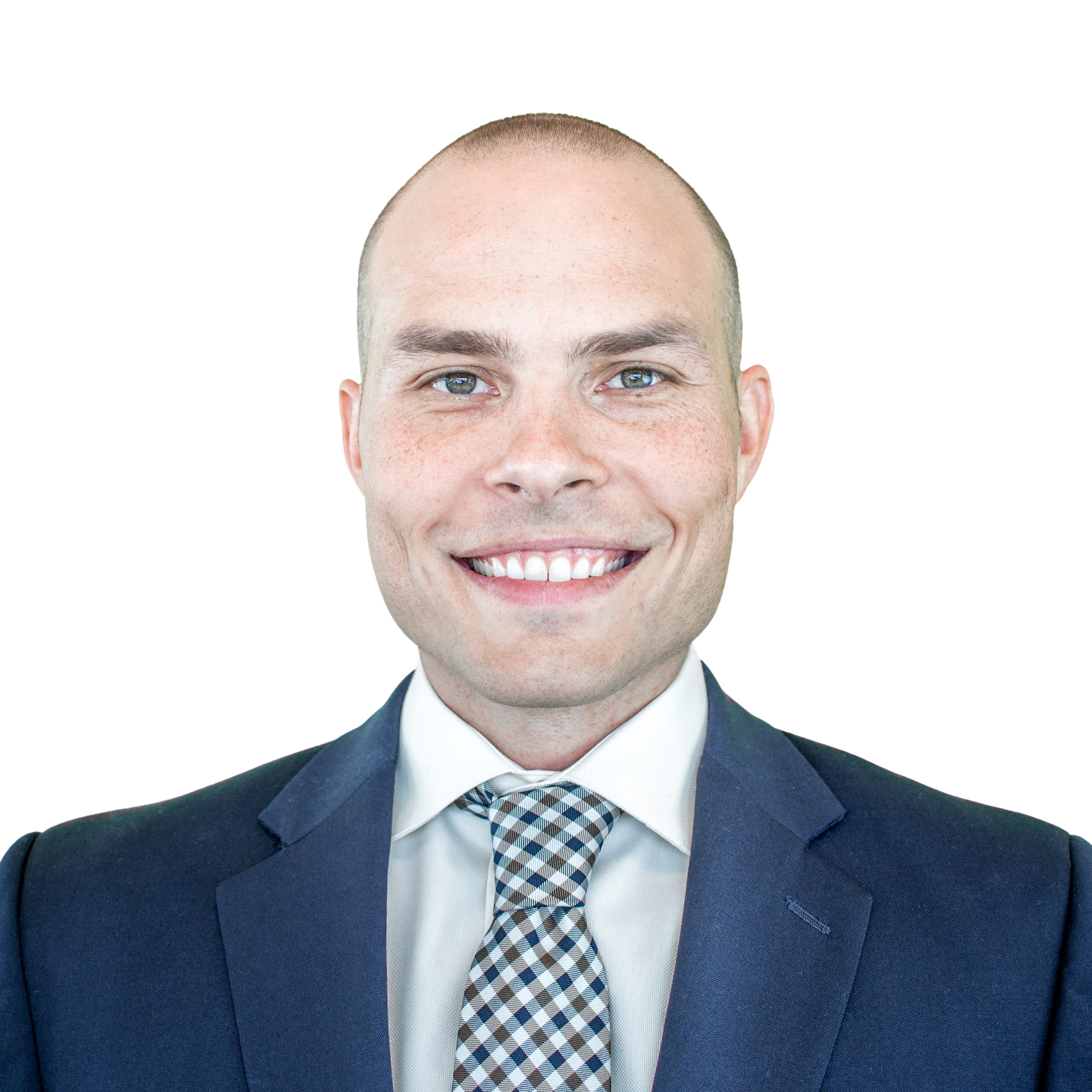
Name
Travis Mitchell
How can voters contact you?
- Work Email
- Campaign Email
- Phone: 512-944-0948
- Facebook Messenger
Describe your educational background
I graduated from Texas A&M in 2007 with a major in Human Resource Development and a minor in Business Administration. In 2018, I started coursework to receive an executive MBA from UT and have one semester remaining to graduate.
Describe your relevant employment background
12-year small business owner (2008-present). Since being elected mayor in 2017, I have worked nearly full-time in that role.
Describe your leadership experience background
- I ran a business with as many as 13 employees for a decade. My experiences as a business leader in Kyle are what drew me to serve on the City Council in 2015/16. I’m thankful for the lessons I have learned through the years. I drew on them all when COVID-19 first arrived in our city. I tried as best I could to keep calm, be proactive, ask lots of questions, consult with experts, engage stakeholders, and lead by example.
Describe your community involvement in Kyle
- I moved my family and our business to Kyle from Austin in 2013. The first few years I participated in the Chamber, built my business, and joined a local church. I now regularly participate in school functions like book readings, guest teaching, and other forms of volunteering. I also work regularly with community nonprofits and have helped with fundraisers, neighborhood cleanups, and more.
Mitchell is running for a second term as mayor after he was first elected to that position in 2017. The Kyle City Council is composed of a Mayor elected at-large by the people for a three-year term and six Council Members, three elected at-large and one from each of the three districts, for staggered three-year terms.
The Kyle City Council is composed of a Mayor elected at-large by the people for a three-year term and six Council Members, three elected at-large and one from each of the three districts, for staggered three-year terms.
EARLY VOTING LOCATIONS 2020
Click on the image below to see an interactive map of the Early Voting locations in Hays County. Registered voters can vote at any location.
Click on the image below to see an interactive map of the Election Day voting locations in Hays County. This is the first year that Hays County registered voters can vote at any vote location on Election Day.

